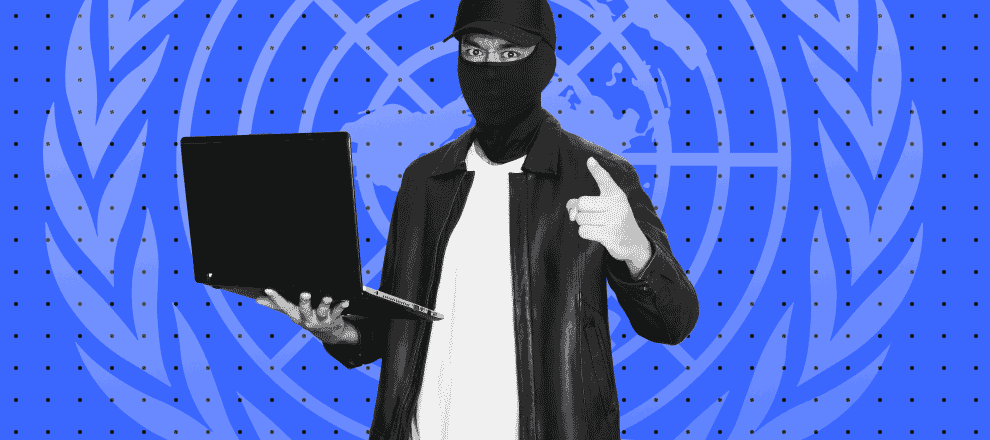Use of Web3 Technologies in Criminal Activity Expands
According to UN data, the world’s largest criminal Web3 ecosystem emerged in Southeast Asia, using blockchain technologies and cryptocurrencies as key tools for illegal activities.

The United Nations Office on Drugs and Crime (UNODC) published a report stating that a crypto infrastructure is forming in Southeast Asia, serving as the foundation for large-scale fraud schemes and supporting transnational shadow financial flows.
According to UNODC, criminal syndicates in the region are developing their own technological ecosystems that allow them to:
- use offshore jurisdictions, replacing traditional payment channels with crypto-based ones;
- integrate Telegram bots, crypto mixers, and illegal P2P exchanges;
- remain resilient to shutdowns by switching to CDNs, proprietary DNS infrastructure, and VPN proxies.
Additionally, the segment is seeing widespread use of automated money laundering schemes, deepfake tools, stolen databases, fake documents, and complete “fraud kits,” from scripts to voice and video spoofing software.
One example is the Huione Guarantee platform, the region’s largest illegal crypto marketplace. It has over 970,000 users and processed $24 billion in digital asset turnover over four years. Moreover, the platform developed and operates its own blockchain network Xone Chain, a USD stablecoin, a crypto exchange, and launched Huione Visa, a card designed to bypass banking controls.
Analysts are particularly interested in Huione’s new wave of crypto products, marketed as decentralized and unregulated. These are being used to circumvent traditional banking infrastructure, including in the U.S., Canada, and Japan.
UNODC reports that platforms like Huione Guarantee already became essential tools for:
- laundering money for criminal groups worldwide;
- concealing the origin of funds through crypto exchanges and fake startups;
- evading sanctions and assisting residents of sanctioned countries.
UNODC representatives are calling for urgent international action, including registration and oversight of all payment and blockchain services in special economic zones and offshore jurisdictions, deeper collaboration with blockchain analytics tool developers, and closer monitoring of suspicious crypto transactions.
A year earlier, UNODC released a similar report expressing concern about the active use of cryptocurrencies in conjunction with chatbot technologies powered by large language models and deepfakes for illegal purposes in East and Southeast Asian countries.
Disclaimer: The content of this article solely reflects the author's opinion and does not represent the platform in any capacity. This article is not intended to serve as a reference for making investment decisions.
You may also like
TRUMPMEME: Trump's "TRUMP DINNER" dinner will be held in Washington on May 22
TRUMP briefly breaks through $16
Ethereum Mainnet to Execute Pectra Upgrade on May 7
A whale bought more than 400,000 TRUMPs after the "TRUMP Dinner" news was released
